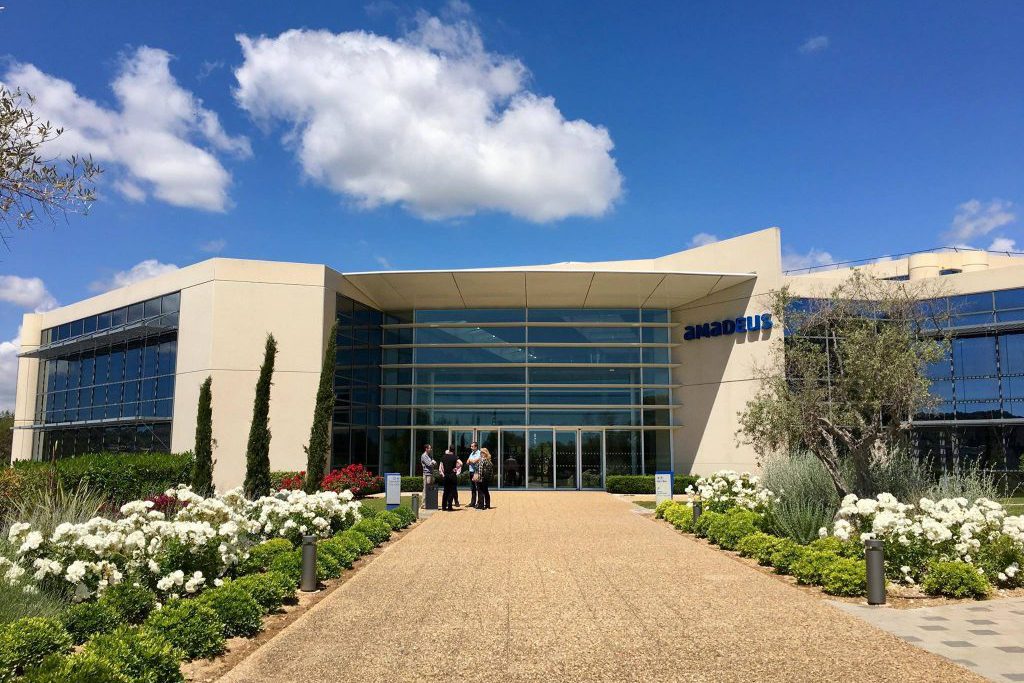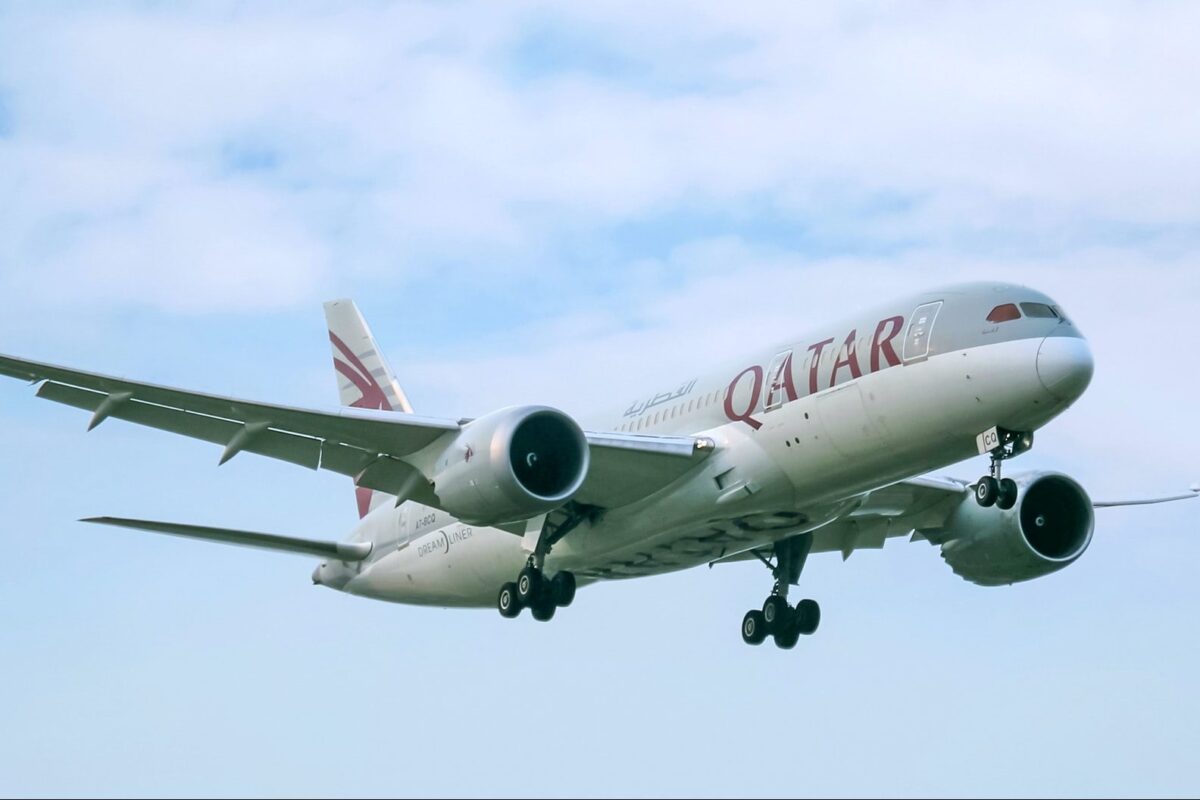Amadeus Highlights Meager 1 Percent Air Traffic Growth in 2020 Outside China

Skift Take
Amadeus said Friday that the coronavirus would hit its earnings this year as the world's largest travel technology company warned of weakness in the last three weeks due to the deadly coronavirus epidemic.
The virus outbreak's rapid spread has rattled travelers' nerves. A sudden drop in booking volumes made it impossible to provide investors with specific guidance for the company's financial performance for 2020. But Amadeus expected its distribution revenue growth to be "broadly flat" this year.
Amadeus is a bellwether for global air travel, distributing more plane tickets to travel agencies than any other company worldwide and helping airlines process more gate boardings than any other travel technology company.
"In February, we are observing between 7 percent and 10 percent blended traffic daily declines in passengers boarded by airlines [using our passenger service systems]," president and CEO Luis Maroto said during an earnings call with analysts.
Memories of SARS, a previous health panic, added some comfort. A rebound in airline distribution and software service revenue, after sharp drops, was swift after the 2003 epidemic. Within a year of the outbreak, revenue and earnings returned to positive. The cheaper-than-usual cost of jet fuel may help with an airline recovery this year.
Amadeus noted that International Air Transport Association (IATA) forecast that the effect of coronavirus virus would lead to a fall on global demand for air travel to fall by 4.7 percent this year.
Factoring out China, airlines may end 2020 with 1 percent year-over-year growth in traffic volumes, Amadeus estimated. That's relevant because Amadeus and its peer companies Sabre and Travelport don't distribute tickets or sell airline passenger service systems in domestic China.
In first quarter 2020, it might see revenue growth of low-to-mid single-digit percent points year-over-year. But it declined to provide more specific guidance.
Airlines that had been talking with Amadeus about what technologies might enable better ways of selling tickets and other services are now in a crisis mode.
"Until things clarify, it's a discussion with customers airlines more concerned about volumes of traffic than about the future," Maroto said.
The sudden fall-off in travel volumes may pressure some travel agencies that have thin profit margins.
"There may be some travel agencies that may have difficulties," Maroto said in response to a question from an analyst. "But impossible to really say [how many]."
Some of Amadeus's costs, such as incentive fees to travel agencies that use its systems, are variable and drop roughly in line with drops in traffic. But other costs, such as fulfilling commitments for technology integrations, are fixed. Cost-containment may or may not be enough to offset potential lost gains. Again, the company didn't provide a forecast.
On Wednesday, Amadeus's next-largest rival Sabre said it expected coronavirus to ding revenue and to hit its earnings at potentially, and approximately, two times the ding to revenue.
Amadeus said the dynamics were too uncertain to make any prediction for its earnings. The company normally has a profit margin, measured by earnings, of about 40 percent of revenue.
Solid 2019 Results
Amadeus reported full-year 2019 revenue of about $6.13 billion (€5,577.9 million), a rise of 12.8 percent, year-over-year.
Amadeus last year generated $2.465 billion (€2.245 billion) in adjusted earnings before interest, taxes, depreciation, and amortization (EBITDA). That represented a 10 percent jump in the measure of profit over 2018.
The company credited growth in several parts of its business, including as a result of it buying hotel solutions provider TravelClick in 2018.





